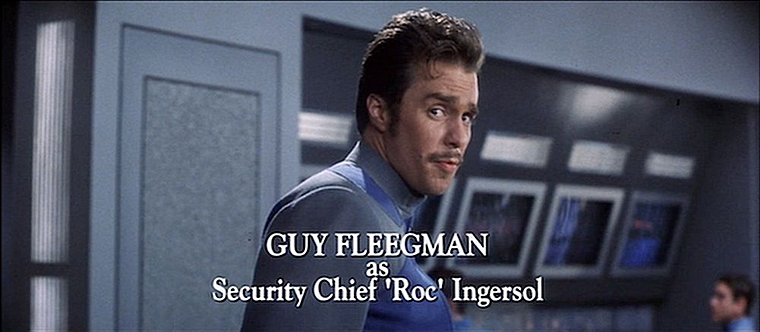
Hollywood is falling all over itself in anticipation of a truly effective 3-D technology that can move cinema ever closer to a simulacrum of actual reality. When I was young, 3-D was already in the theaters, but we had to wear cardboard glasses to see it. One lens was red and the other was blue. I can’t honestly say they worked terribly well, but it was a kick sitting in our local RKO Theater wearing goofy glasses. And of course, you could take them home with you and walk around the neighborhood looking goofy, too. Perhaps this was the root of the psychedelic ‘60s.
When the horror film “The Tingler” came out in 1959, staring the creepy actor Vincent Price, rumors circulated that some theater seats were specially wired so as to produce strange tingling effects. It may have purely been a good PR story, but I certainly was a bit nervous about my own seat. From time to time someone would scream in the dark and we’d all wonder if they were in “the seat.” A sort of mass hysteria took hold, one scream quickly following another, until finally a uniformed usher with a flashlight would walk down the aisle to enforce some peace and quiet. An usher with a flashlight was actually scarier than the movie.
Later on, some movies were released with artificial airborne scents, designed to stimulate the senses and further increase the excitement of young audiences. I don’t recall smelling any movies (though some of them did stink), but I do remember the exciting fragrance of real melted butter on fresh popcorn.
We go to movies and comfortably immerse ourselves in “another world” of make-believe. Gazing at oversized images of people otherwise not unlike ourselves, watching events unfold amid dialogue and story lines, swept up by conflict, love, violence and tenderness, our attention is steady and our minds alert. At its best, our internal chatter comes to a complete halt, and we intently follow the action moment to moment as it unfolds, having completely let go of our own internal preoccupations and concerns. And this is without 3-D, fragrances or wired seats.
The great irony, of course, is that we already star in our own continuous full-color 3-D movie, complete with full soundtrack, endless odors and every possible physical sensation. It’s called life, and it is far more complex than anything that can be created in Hollywood. Nonetheless, we are irresistibly drawn to something else.
Why do we eagerly pursue an ever more lifelike movie experience when we are in fact already experiencing more than any movie can deliver? Our readiness to watch actors assume fictitious roles and play pretend people resonates, I suppose, with suspicions about the solidness of our own identities. Such inquiry inevitably leads to examining the nature of self, a matter so complex and difficult to resolve that entire religions are based upon its contemplation. Is the self a permanent single unified entity or a temporary malleable construction of various pieces?
I will not presume to answer these questions, but I will admit to finding both life and movies entertaining. What can I say? Like Sam Rockwell playing the hapless crew member Guy Fleegman in the sci-fi/comedy movie “Galaxy Quest,” when asked why he is always grinning confesses, “Hey … I’m just jazzed to be on the show!”